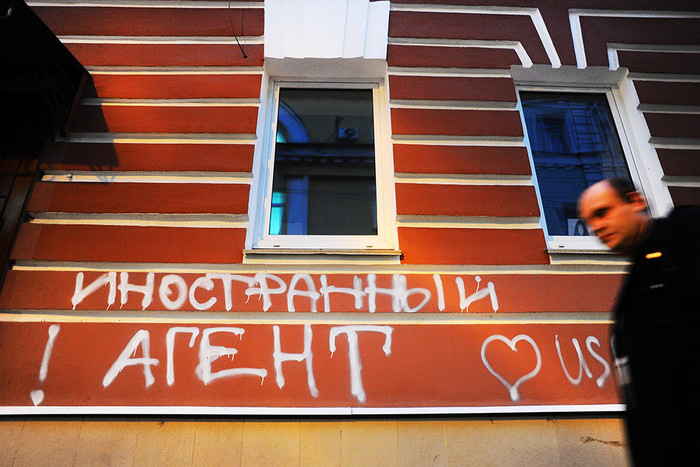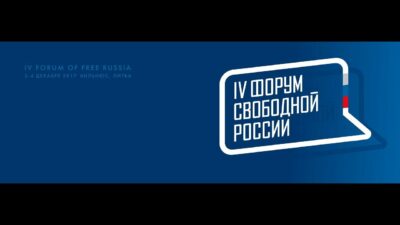
Russian President Vladimir Putin on Monday signed legislation allowing individuals to be labeled foreign agents, drawing criticism from rights groups that say the move will further restrict media freedoms in the country, reported Reuters.
An initial foreign agent law was adopted by Russia in 2012, giving authorities the power to label non-governmental organizations and human rights groups as foreign agents – a term that carries a negative Soviet-era connotations.
But the expansion of the definition of foreign agent to include private individuals now raises fresh concerns about the ability of independent journalists and bloggers to operate in the country.
Several rights groups, including Human Rights Watch, had called for the initiative to be dropped as it was being approved by lawmakers.
Under the law, all material published by an individual who receives funds from abroad will be labeled as having been distributed by a foreign agent. The law also says that any individual who distributes foreign media could be labeled a foreign agent.
Rights groups and other organizations designated by the Russian justice ministry as foreign agents can be subjected to spot checks and face bureaucratic scrutiny.
Russian law also requires so-called foreign agents to submit regular reports on their funding, objectives, how they spend their money and who their managers are.



